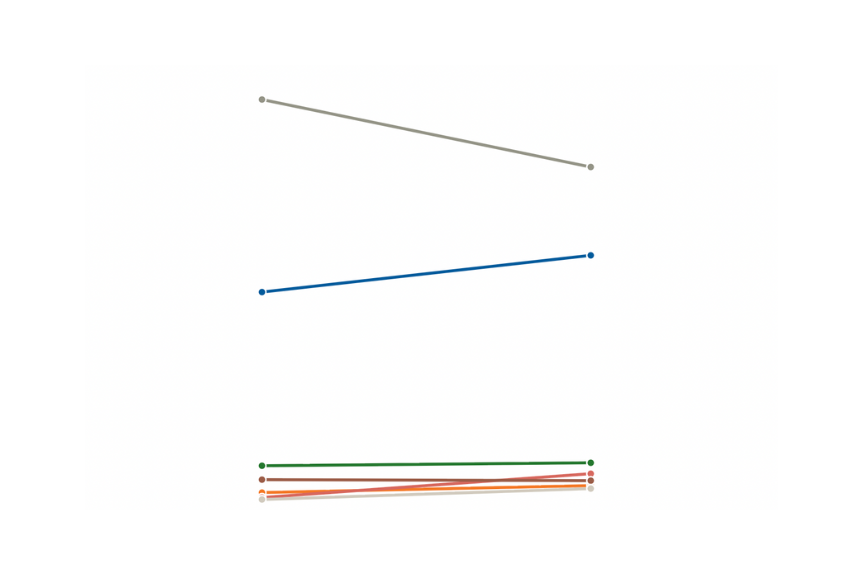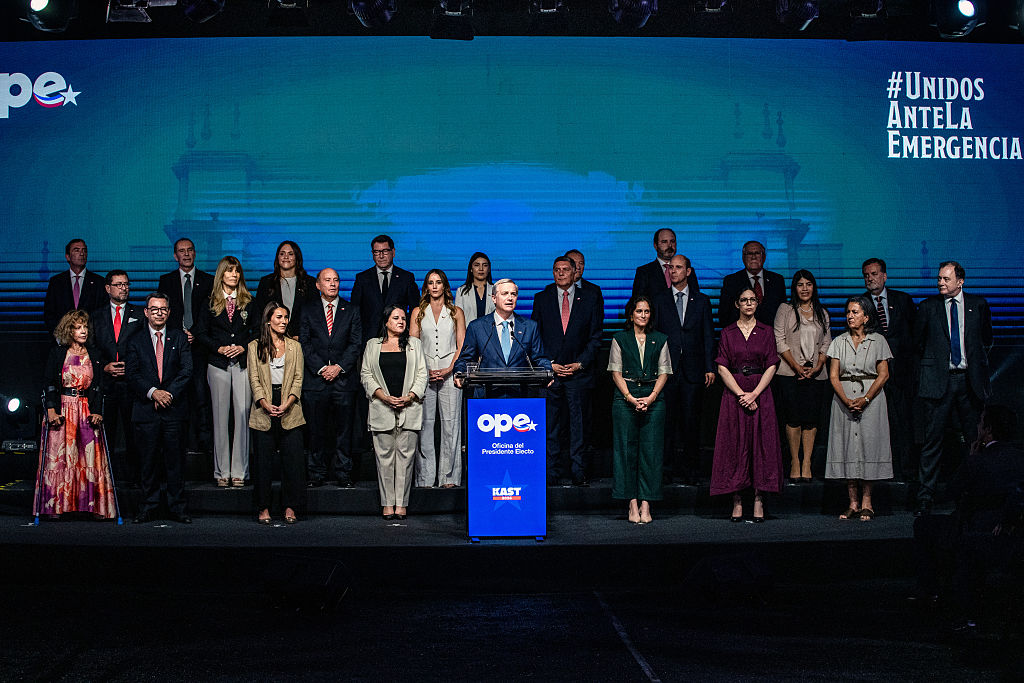Mexico on the Road to 2012: Economic and Political Perspectives
Mexico on the Road to 2012: Economic and Political Perspectives
As Mexico gears up for its upcoming 2012 presidential elections, an AS/COA panel explored the country’s economic prospects, market competitiveness, and overall political environment.
Speakers
- Claudio X. González, Chairman, Kimberly-Clark Mexico
- Alberto Ardura, Head of Debt Capital Markets, Deutsche Bank
- Shannon K. O’Neil, Douglas Dillon Fellow for Latin American Studies, Council on Foreign Relations
Summary
As Mexico gears up for its upcoming 2012 presidential elections, AS/COA organized a panel discussion with leading experts in the field on the country’s economic prospects, market competitiveness, and overall political environment.
CFR’s Shannon O’Neil framed the discussion by providing an overview of Mexico’s political scenario; while the Institutional Revolutionary Party’s (PRI) Enrique Peña Nieto is a frontrunner in the polls, he will have to wait for his party’s February 2012 primaries to consolidate his candidacy in a ballot against Senator Manlio Fabio Beltrones. The National Action Party (PAN) will also have its primaries in February next year, when Josefina Vasquez-Mota will compete against Ernesto Cordero for leadership of the PAN. According to O’Neil, the presidential election in Mexico, which coincides with the U.S. presidential election every 12 years, will depend on generating change in two crucial realms: security and the economy.
In his introductory remarks, Claudio X. González said that fundamental changes are needed to lift the institutional capability of the country so as to strengthen the fight against violence, spur job growth, and reactivate the economy. He highlighted Peña Nieto’s proposal to reform the country’s energy sector and allow private-sector participation in this process, using Brazil and Colombia, and their respective state energy companies Petrobras and Ecopetrol, as models. González said he believed this was an “encouraging proposition” from the presidential hopeful and a “hopeful sign” for the possibility of a prosperous future in Mexico.
Alberto Ardura spoke after González, discussing Mexico’s good macroeconomic standing, despite a decade of slow growth. Markets, he believes, should give the Banco de Mexico and the Mexican Economic Cabinet top marks for their healthy figures despite years of “boom and bust” models. According to Ardura, the current positive economic scenario will be a great opportunity for the next administration to further propagate the rule of law in the country and allow them to focus on health, education, and infrastructure investment. It will also allow them to open up the energy sector and play the “commodities game.” Furthermore, it will let Mexico to take advantage of its natural vocation as the United States’ manufacturing sector. All this will determine how competitive Mexico will be in the long term.
The Elephant in the Room
After opening remarks, O’Neil moderated a discussion on the relationship between security and the economy, the promise of China, regional competitiveness, implications of the European crisis, and political gridlock.
Overall, though Mexico’s economic outlook looks positive, challenges remain for the next administration. Panelists expressed their concerns about the future of Mexico’s competitiveness as it lags behind Argentina, Brazil, Colombia, and Peru, and issues relating to persistent insecurity, a lack of energy reform, economic concentration, and the need for better education—all stones in the shoe of the next president.
Also, speakers agreed that while Mexico is in better shape today than it was in 2008, there are still concerns of a double dip recession in the United States caused by the current European economic crisis and its knock-off effects on the Mexican economy. However, the panelists see the current economic situation in the hemisphere as a period of slow growth, not a recession.
The panelists concluded by stating that 2012 promises to be an interesting year for Mexico, particularly if the PRI consolidates the positive momentum it's accumulated and use this to return to Los Pinos and also win a majority in Congress. To do this, the party will have to prove that it is is ready to allow more comprehensive reforms and, through these, allow Mexico to progress to the next level.








